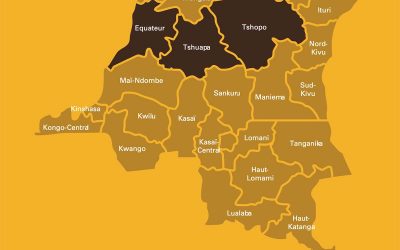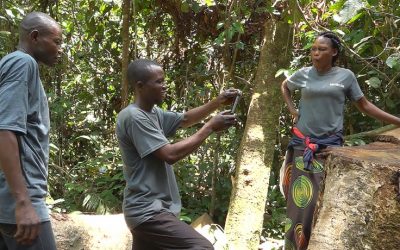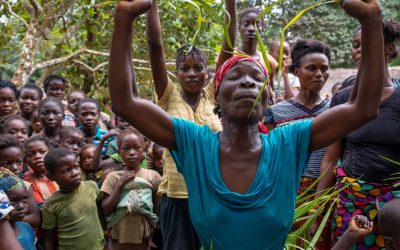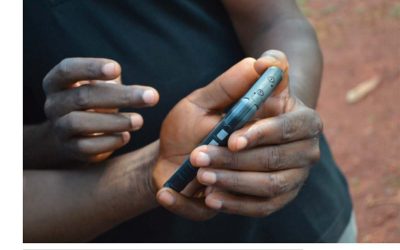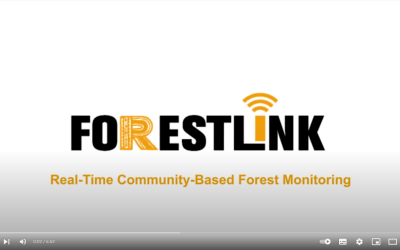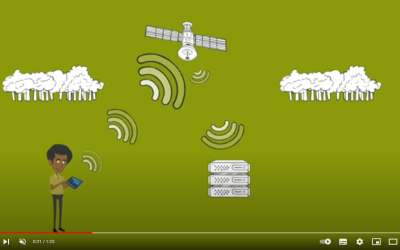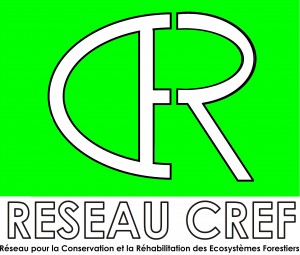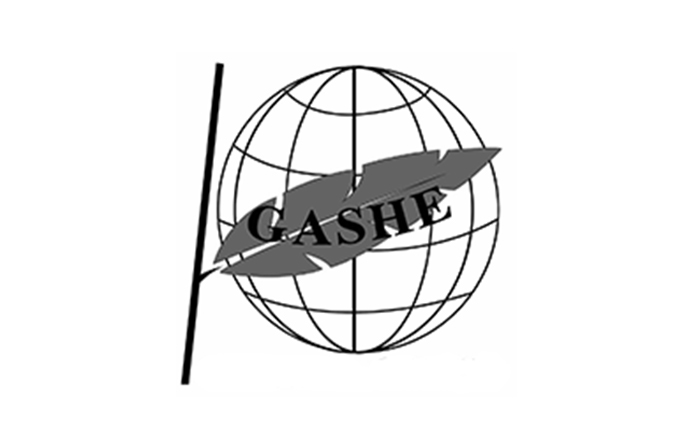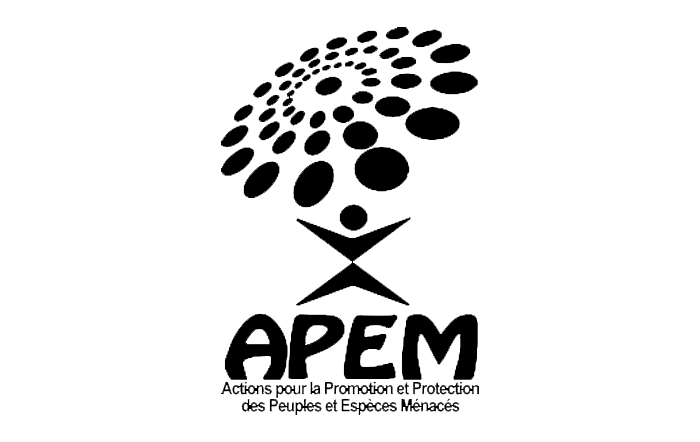Democratic Republic of Congo
Key Statistics
Percentage of timber production estimated to be illegal: c. 90% iLawson, S (2014) Illegal Logging in the Democratic Republic of the Congo
Forest Area: 130,560,000 ha iiChatham House, Forest Governance and Legality – Democratic Republic of Congo
Forest loss in 2020: 1,300,000 ha iiiGlobal Forest Watch Dashboard – DRC
Principal threats to forests: Industrial logging, palm oil and rubber plantation expansion, infrastructure development, mining
Country Background
In the DRC, the 2002 Forest Moratorium outlawed the allocation of new logging concessions due to widespread corruption and malpractice in the sector. However, illegal logging has continued unabated. The former Environment Minister was ousted in 2021 amid accusations that he granted millions of hectares in fraudulent and illegal logging and conservation concessions. While the President has declared his intention to clean up the sector, at the same time the new Minister has asserted that lifting the moratorium is one of her topmost political priorities.
Key Achievements
- Law enforcement: Targeted advocacy efforts by GASHE and APEM, in response to an alert sent by a community in Equateur Province, led to the first ever prosecution of a forestry company under the DRC Forest Code. The two organisations were crucial in keeping media attention focused on the case, and used this leverage to ensure that authorities took action against the company. While the case is still ongoing, this has sent a vital message to other forest operators in the country that the state will prosecute illegalities..
- Legal reform: Thanks to GASHE’s training and awareness raising with the authorities, the Environment Ministry passed new legislation recognising community forest monitoring, and information collected in real time. This vital step has further legitimised the work of forest monitors, ensuring that local monitors can refer to the law when challenged on their right to monitor their territory.
- Community empowerment: The level of engagement from local communities has been exceptional. They have been courageous in denouncing illegalities and demanding respect for their rights, and have invested their time and limited resources to monitor their forests effectively. Their work has inspired neighbouring communities too, with whom they have shared their knowledge and training.
- Enhanced government oversight: Prior to the project commencing in 2015, authorities were conducting company site visits every two to three years, usually at the behest of the companies themselves. However, with the information provided by ForestLink as well as advocacy efforts from communities and partners, the authorities are now accompanying civil society on independent investigations four times a year.are now accompanying civil society on independent investigations four times a year.

Communities involved
13

Community monitors trained
49

Alerts received

ForestLink Start Date
2015
DRC country briefing
These November 2021 country briefing papers include summaries of the achievements of our partners to date in Ghana, D...
Deforestation in DR Congo
This publication, released by German news outlet Tagesschau in 2021, demonstrates how forest communities in DRC are a...
Congo residents of the rainforest fight against illegal deforestation
In 2021, German newspaper Spiegel published this article describing how rainforest communities in DRC are organising ...
FINAL EVALUATION: EMBEDDING COMMUNITY REAL TIME MONITORING (RTM)
An external evaluation of the ‘Embedding community Real Time Monitoring (RTM) to sustain livelihoods and forests in...
FORESTLINK: The Future of Rainforest Protection
This short film documents the early stages of the Rainforest Foundation UK’s real-time forest monitoring projec...
FORESTLINK: An animated overview of real-time monitoring
The Rainforest Foundation UK works in the world’s two largest rainforests: the Congo Basin and the Amazon. Spre...

